Prime Minister Pham Minh Chinh and leaders of ASEAN countries and Japan at the 26th ASEAN-Japan Summit in Indonesia in September 2023 - Photo: VGP/Nhat Bac
At the invitation of Japanese Prime Minister Kishida Fumio, Prime Minister Pham Minh Chinh will lead a high-ranking Vietnamese delegation to attend the Summit to celebrate the 50th anniversary of ASEAN-Japan relations and conduct bilateral activities in Japan from December 15-18, 2023.
This is an important and meaningful working trip of the Prime Minister, in a very special context: Vietnam and Japan have just upgraded their relationship to Comprehensive Strategic Partnership for Peace and Prosperity in Asia and the World during the visit to Japan by President Vo Van Thuong last November; At the same time, ASEAN and Japan also officially established a Comprehensive Strategic Partnership (CSP) at the 26th ASEAN-Japan Summit in Indonesia in September 2023.
Coincidentally, both Vietnam and ASEAN established diplomatic relations with Japan in 1973 - exactly half a century ago.
Reviewing half a century of ASEAN-Japan cooperation
The ASEAN-Japan Commemorative Summit in Tokyo from December 16-18, 2023 is a particularly important occasion; taking place on the occasion of the 50th anniversary of friendship and cooperation between the two sides.
It is expected that ASEAN and Japanese leaders will review the past 50 years of cooperation, thereby setting out a vision and direction for developing relations in the new period.
The conference will adopt two documents: "Vision Statement on ASEAN-Japan Friendship and Cooperation: Trusted Partners" and "Plan to implement the Vision Statement on ASEAN-Japan Friendship and Cooperation: Trusted Partners" to concretize the results of the leaders' discussions at the conference.
After 50 years of establishing relations, ASEAN-Japan relations have developed extensively in all fields, including politics-security, economics and culture-society.
Japan participates extensively in regional political-security cooperation processes, is one of the partners with ASEAN to found forums such as the ASEAN Regional Forum (ARF), East Asia Summit (EAS), ASEAN Defense Ministers Meeting Plus (ADMM Plus)...; supports solidarity, unity and the central role of ASEAN; proactively proposes many initiatives for cooperation in preventing terrorism and transnational crime, cooperation in maritime security, cyber security, economic crime...
Japan is an important trade and investment partner of ASEAN: It is the 4th largest trade partner and the 2nd largest FDI investor of ASEAN in 2022. Economic and investment cooperation between ASEAN and Japan is implemented through various mechanisms/frameworks, including the Regional Comprehensive Economic Partnership (RCEP) and the ASEAN-Japan Comprehensive Economic Partnership (AJCEP). Japan is also an active partner contributing to the implementation of the Initiative for ASEAN Integration (IAI) and supporting the narrowing of the development gap within ASEAN.
In terms of culture and society, Japan has many projects to provide substantial support to ASEAN in areas such as people-to-people exchanges, climate change, disaster management, health and disease prevention, and population aging, including funding for the implementation of the Japan-East Asia Network of Exchanges for Students and Youth (JENESYS); supporting ASEAN public health through the ASEAN-Japan Health Initiative; and committing to respond to transboundary and global challenges such as climate change and environmental protection, disaster management, health and disease prevention.
Regarding development cooperation and technical assistance, Japan is one of the important partners supporting ASEAN in community building and regional integration through the Japan-ASEAN Integration Fund (JAIF). In May 2019, ASEAN and Japan also signed the ASEAN-Japan Technical Cooperation Agreement (TCA) to facilitate Japan's better support for development cooperation for the entire ASEAN region.
The two sides support coordination to maintain the momentum of cooperation, especially focusing on controlling the epidemic, ensuring trade and investment supply chains, and promoting recovery. Japan has allocated 50 million USD to support ASEAN in establishing the ASEAN Center for Public Health Emergencies and Emerging Diseases (AC-PHEED), and affirmed to continue supporting the sustainable operation of this center. Japan has provided a bilateral package of medical equipment worth more than 200 million USD to ASEAN countries; has supported ASEAN with 16 million doses of vaccines for ASEAN countries out of a total of 30 million doses supplied abroad, allocated 2.5 billion yen to set up cold storage for preserving and transporting vaccines, and provided medical supplies, technology, and oxygen generators to many ASEAN countries.
In promoting comprehensive recovery, the two sides agreed to increase trade and investment, support the maintenance of regional supply chains, and promote cooperation in digital transformation, human resource development in the digital economy, disaster management, energy transition, green growth, etc. Japan actively supports ASEAN in implementing the Comprehensive Recovery Framework with a loan worth 192 billion yen at the lowest interest rate.
Prime Minister Pham Minh Chinh holds talks with Japanese Prime Minister Kishida Fumio in Hiroshima - Prime Minister Kishida's hometown in May 2023 - Photo: VGP/Nhat Bac
Vietnam's leading important partner
Japan is currently Vietnam's leading important partner in all fields of politics, economics, defense-security, culture, education, labor, tourism, etc.
Since establishing diplomatic relations in 1973, Vietnam and Japan have successively established the framework of their relationship from a long-term, stable and trustworthy partnership (2002), to a strategic partnership for peace and prosperity in Asia (2009), an extensive strategic partnership for peace and prosperity in Asia (2014) and a comprehensive strategic partnership for peace and prosperity in Asia and the world (November 27, 2023).
Japan was the first G7 country to welcome the Vietnamese General Secretary to visit (in 1995), the first G7 country to establish a Strategic Partnership with Vietnam (in 2009), the first G7 country to recognize Vietnam's market economy status (in 2011), and the first G7 country to invite Vietnam to attend the expanded G7 Summit (May 2016).
Senior leaders of the two countries maintain regular visits and contacts at international and regional forums. Important cooperation mechanisms include the Vietnam-Japan Cooperation Committee co-chaired by the two Foreign Ministers (since 2007, it has met 11 times), the Joint Committee on Trade, Energy and Industry, the Ministerial-level Agriculture Dialogue, the Vietnam-Japan Maritime Policy Dialogue at the ministerial level, the Vietnam-Japan Strategic Partnership Dialogue on diplomacy-security-defense at the deputy foreign minister level, the Vietnam-Japan Defense Policy Dialogue at the deputy minister level, the Security Dialogue at the deputy minister level, etc.
In terms of economic cooperation, Japan is the largest ODA donor, the second largest labor cooperation partner, the third largest investor, the third largest tourism partner, and the fourth largest trade partner of Vietnam.
The two countries have granted each other most-favored-nation tariffs since 1999. In the first 9 months of 2023, Vietnam's import-export turnover with Japan reached over 32.9 billion USD, down 7.9% over the same period in 2022; of which Vietnam's export turnover to Japan reached 17.2 billion USD, down 3.8%, Vietnam's import turnover from Japan reached 15.7 billion USD, down 12% over the same period in 2022.
Japan's cumulative FDI in Vietnam as of September 20, 2023, reached 71.3 billion USD with 5,198 valid projects, ranking 3rd out of 143 countries and territories investing in Vietnam. In the first 9 months of 2023, Japan's total FDI in Vietnam reached about 2.9 billion USD, an increase of 50% over the same period in 2022.
Regarding official development assistance (ODA), Japan is the largest provider of yen loans to Vietnam, with the total loan value as of the end of fiscal year 2020 being 2,812.8 billion yen (equivalent to 27.5 billion USD), accounting for more than 26% of the total signed foreign loan capital of the Government.
Regarding education, Vietnam is the first country in the world to officially introduce Japanese into secondary school teaching since 2003 and primary school since 2019. Japan is one of the largest aid countries for Vietnam's education and training sector through ODA aid programs. The number of Vietnamese students studying in Japan currently reaches more than 51,000 people. Japan has supported the upgrading of 4 Vietnamese universities to high-quality universities (Can Tho University, Danang University, Hanoi National University, Hanoi University of Agriculture); and is cooperating to build the Vietnam-Japan University to train high-quality human resources for Vietnam in the fields of science and technology, management and services.
In other notable areas, the two sides signed and implemented the Medium and Long-term Vision for Vietnam-Japan Agricultural Cooperation. Cooperation in responding to climate change continues to develop strongly and substantially with Japan continuously providing ODA in recent years for Vietnam's climate change response projects. Vietnam is the country sending the most workers (about 345,000 people) out of 15 countries sending workers to Japan.
Local cooperation between the two countries has been strongly promoted. Localities of Vietnam and Japan have signed more than 110 cooperation documents, of which typical pairs of relations include Ho Chi Minh City with Osaka (2007), Nagano (2017), Hanoi with Fukuoka (2008), Tokyo (2013), Da Nang with Sakai (2009), Yokohama (2013), Phu Tho-Nara (2014), Hue-Kyoto (2014), Hung Yen-Kanagawa (2015), Hai Phong-Niigata (2015)...
Cooperation in COVID-19 prevention, Japan provides non-refundable aid of more than 7.4 million doses of vaccine, more than 4 billion yen to provide equipment, technical support, and improve the healthcare system. Our Government, National Assembly and localities support more than 1.2 million masks for Japan; bring more than 30,000 Vietnamese citizens back home. From October 11, 2022, Japan has relaxed regulations to allow Vietnamese tourists to enter the country.
The Vietnamese community in Japan is about 520,000 people (ranked second after China). Vietnamese people currently live, work and study in all 47 provinces and centrally-run cities of Japan.
Since 2004, Vietnam has unilaterally exempted visas for Japanese people traveling for tourism and business within 15 days and increased to 45 days from August 15, 2023. From November 1, 2023, Japan will issue e-visas to Vietnamese tourists traveling in groups of designated travel companies.
Source


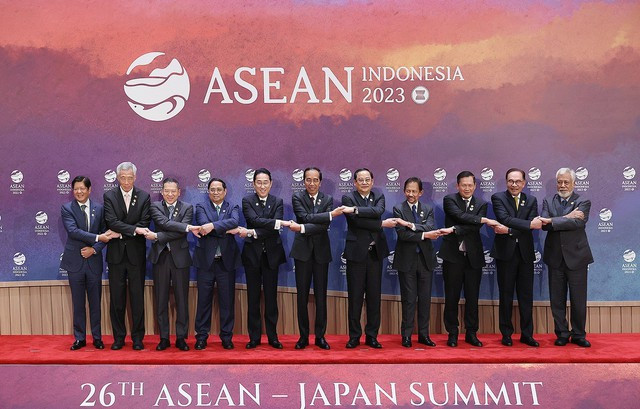
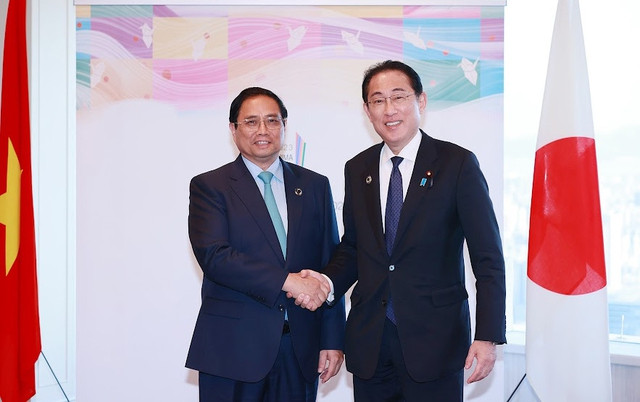
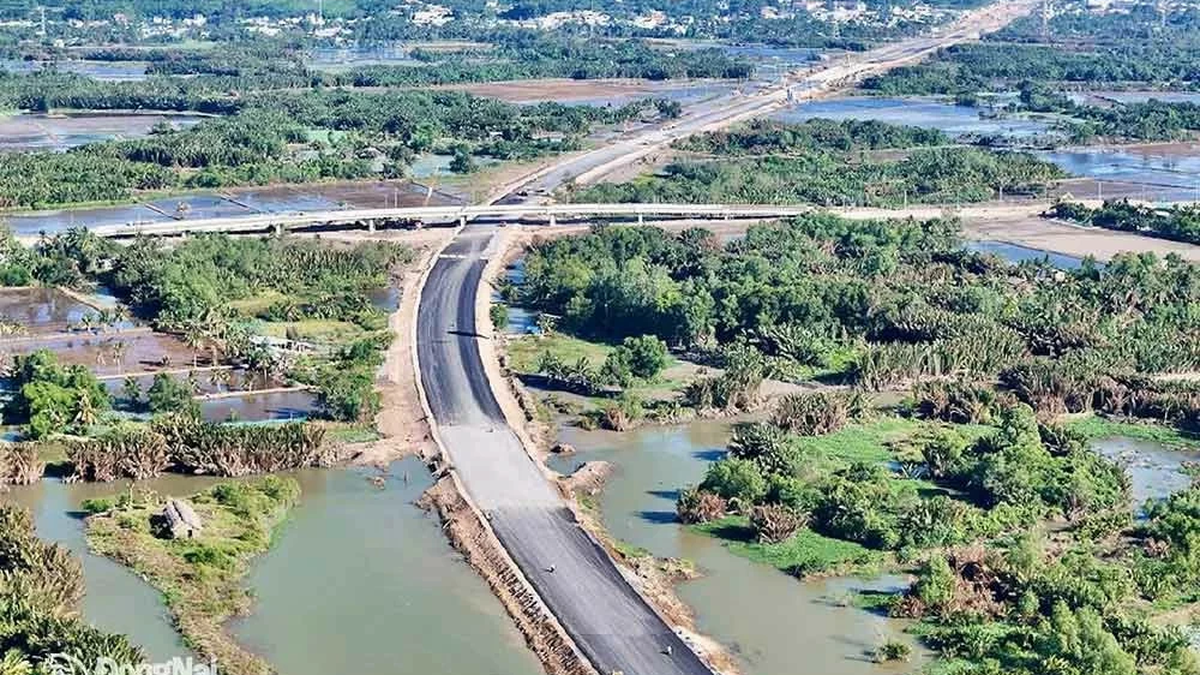

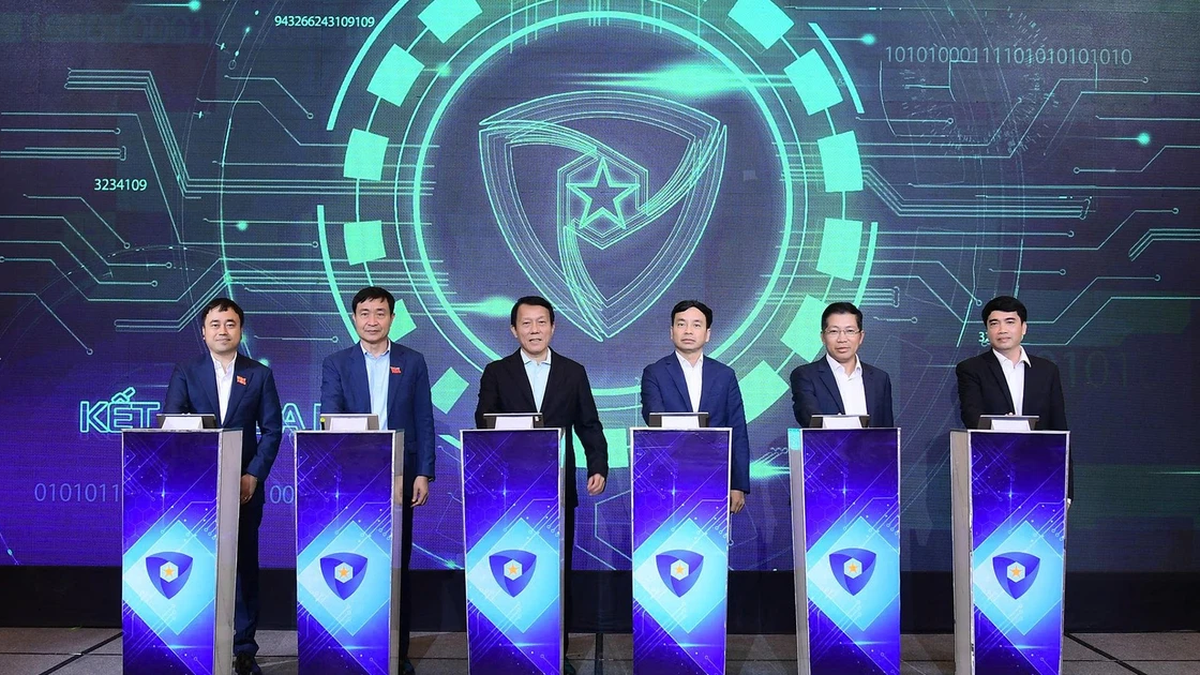
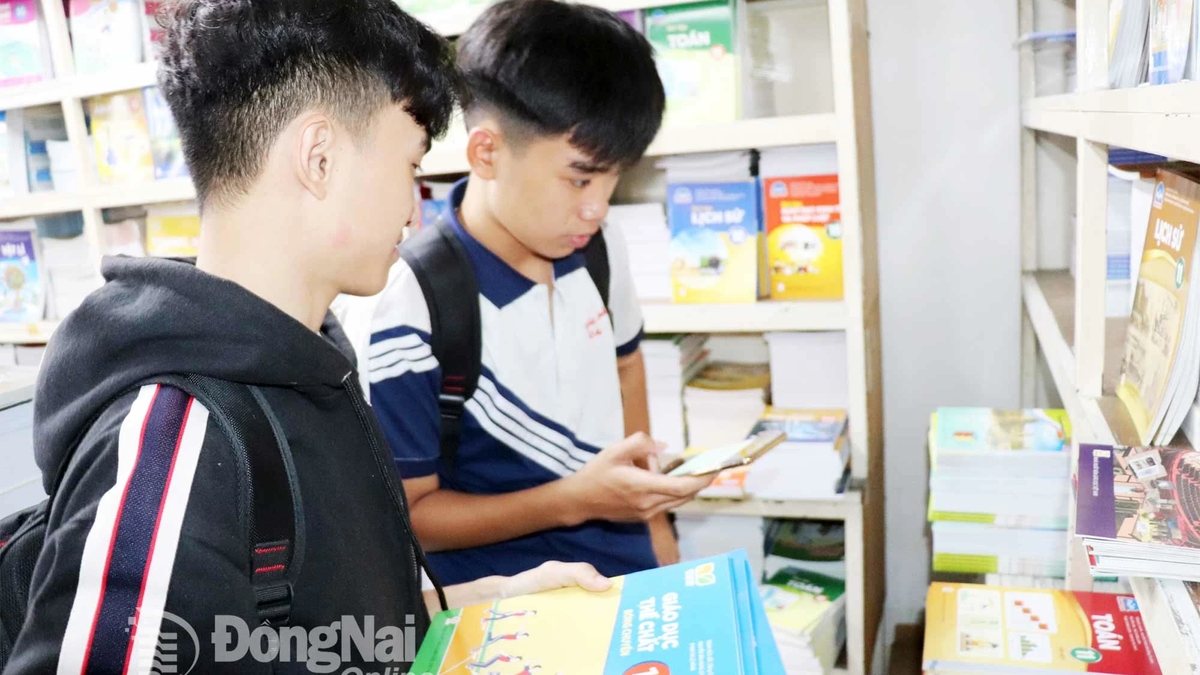
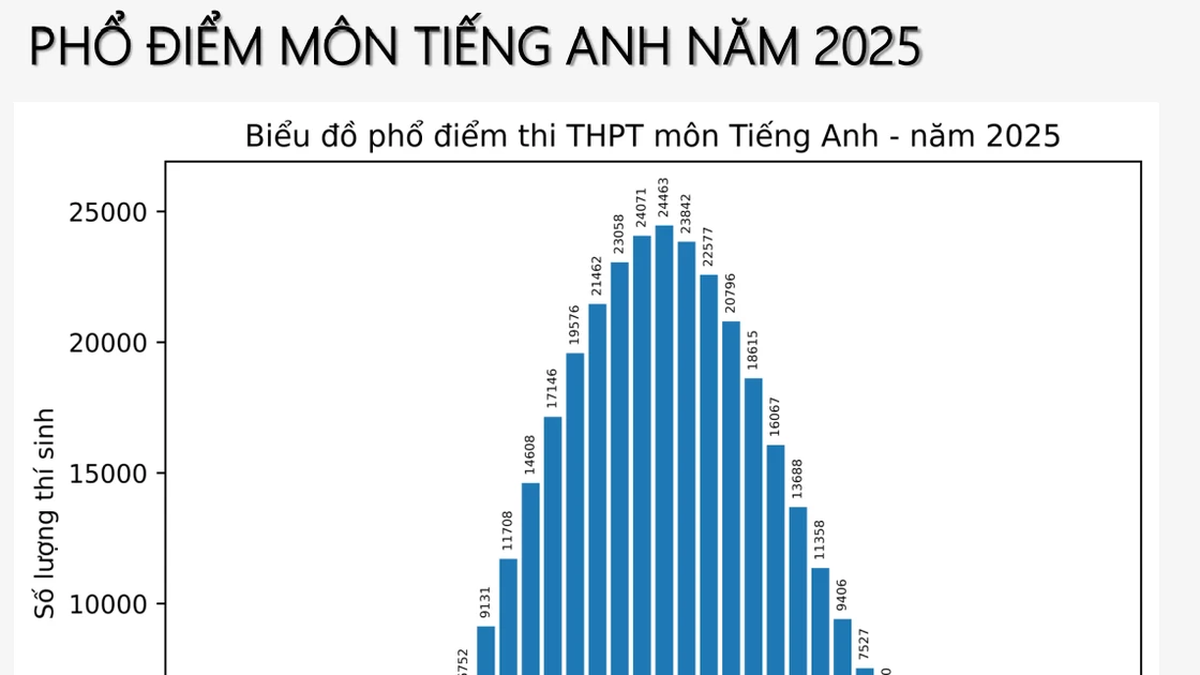


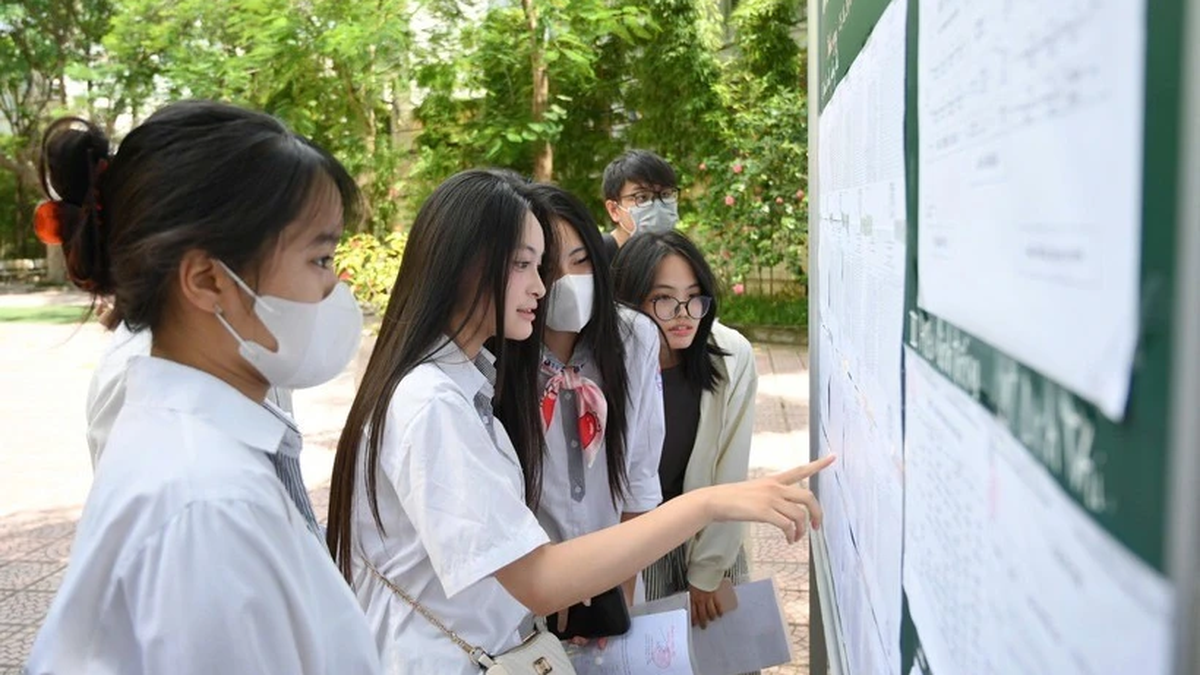
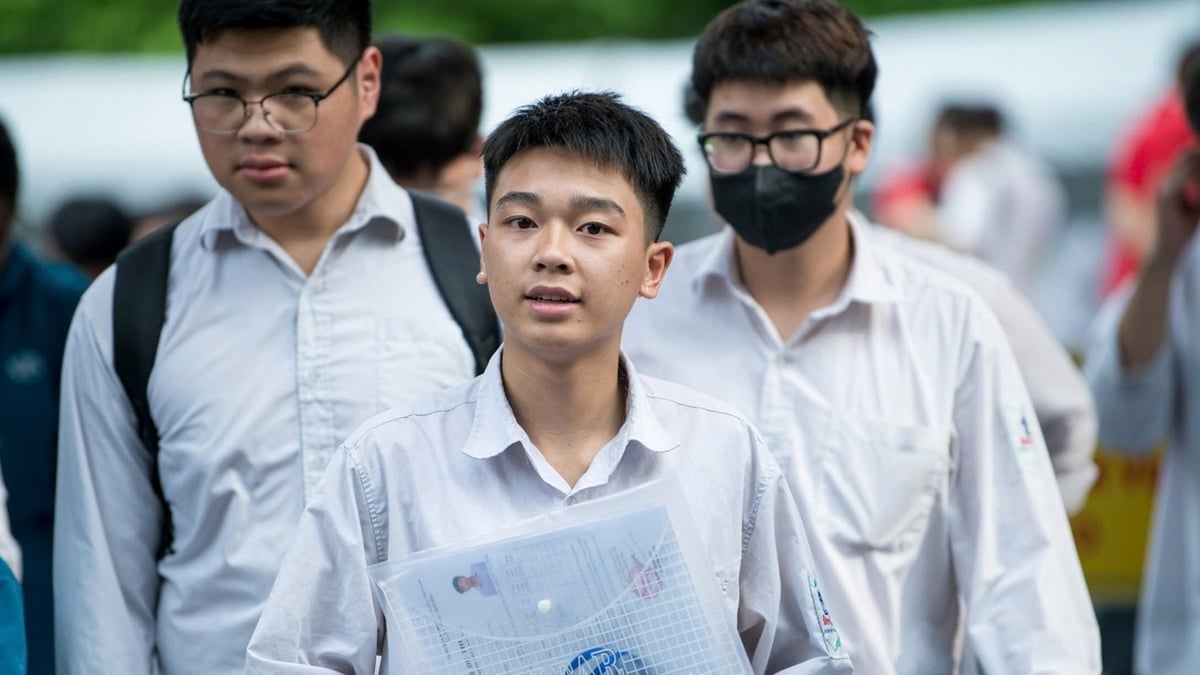
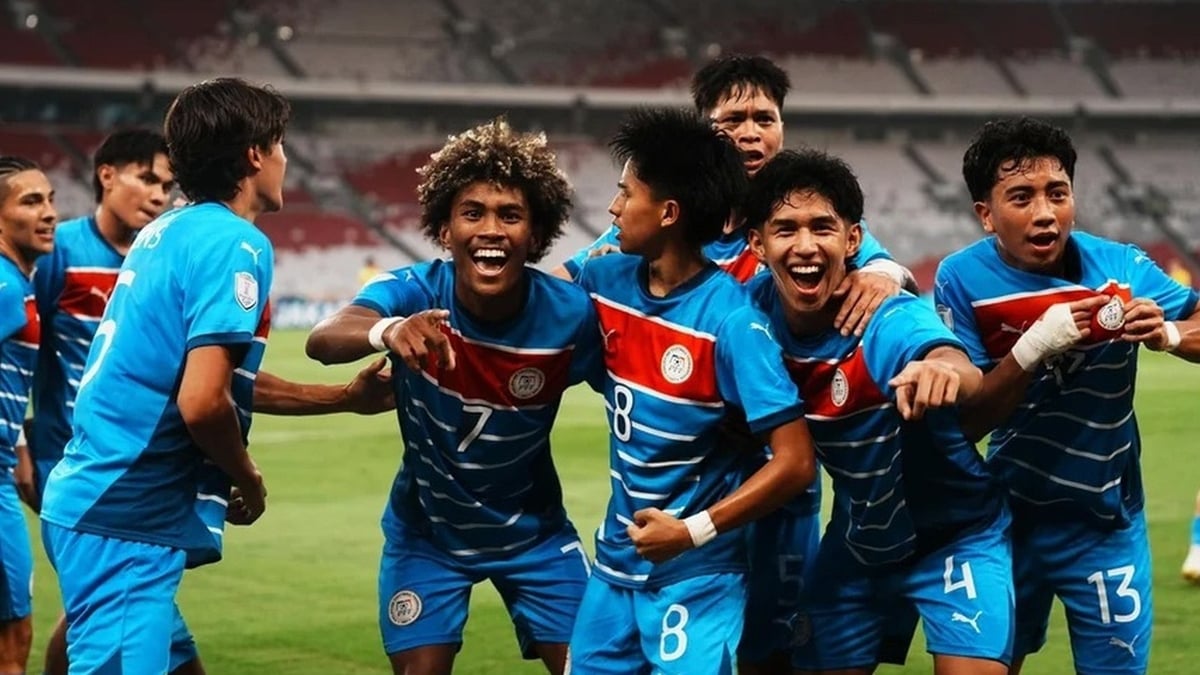









































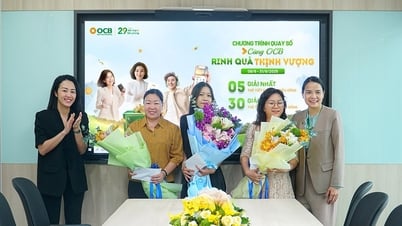



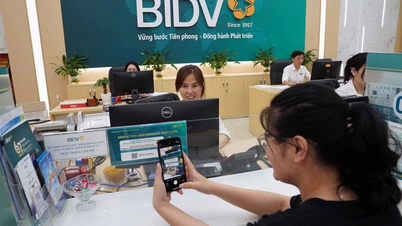





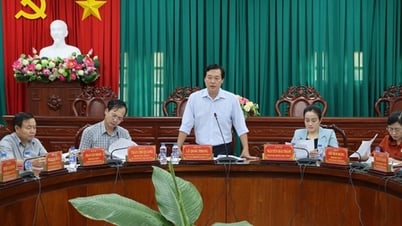


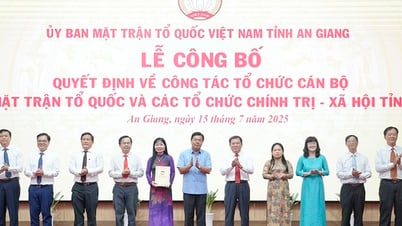


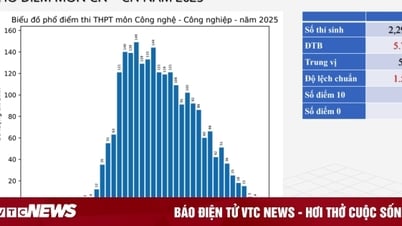
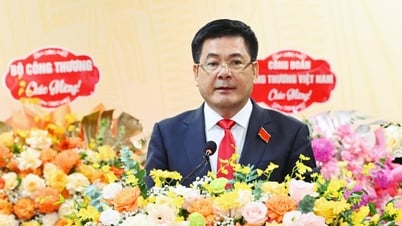

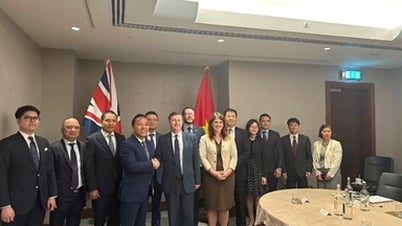




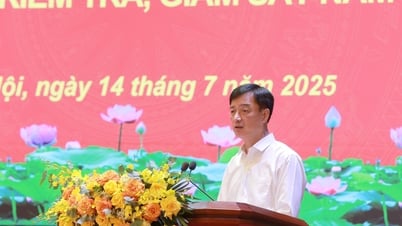




















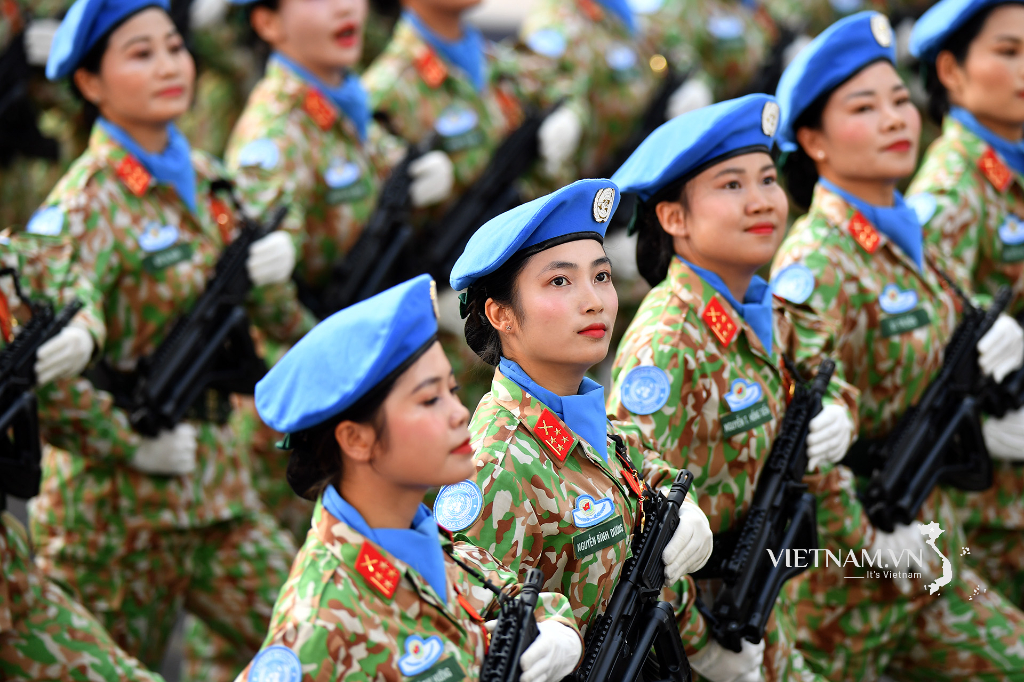

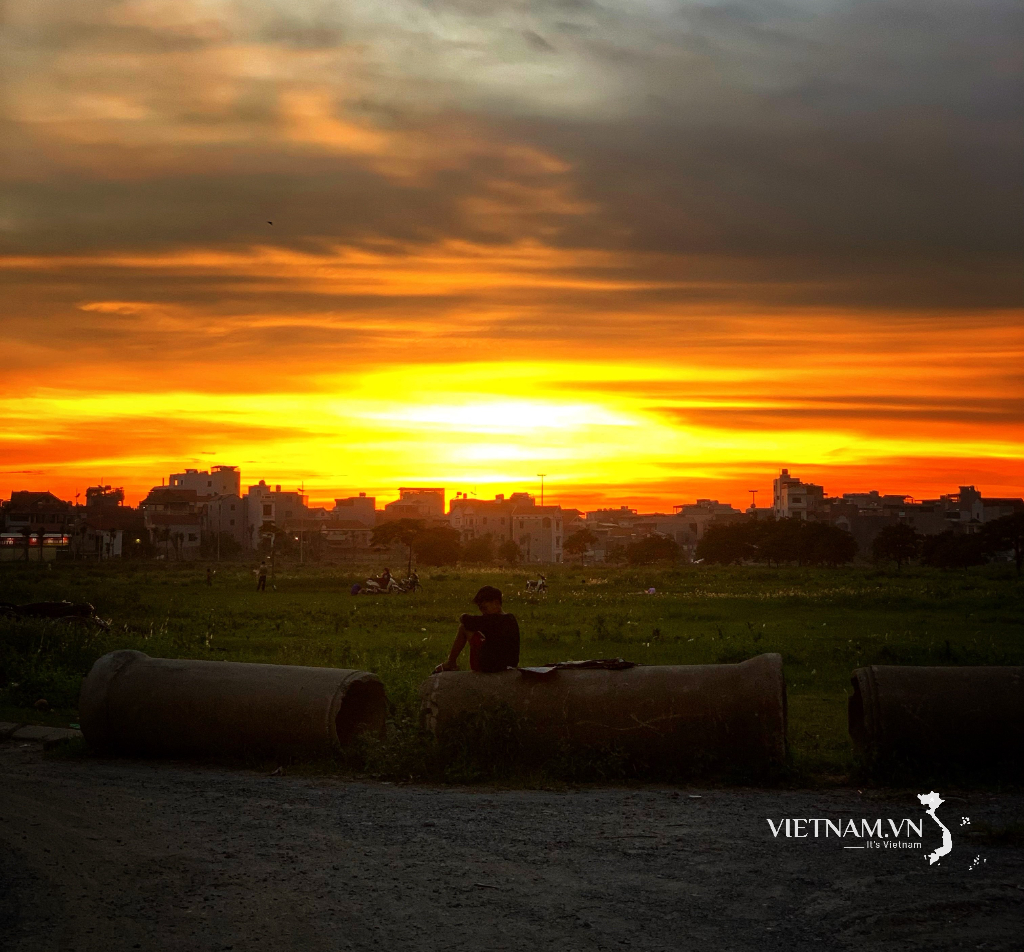
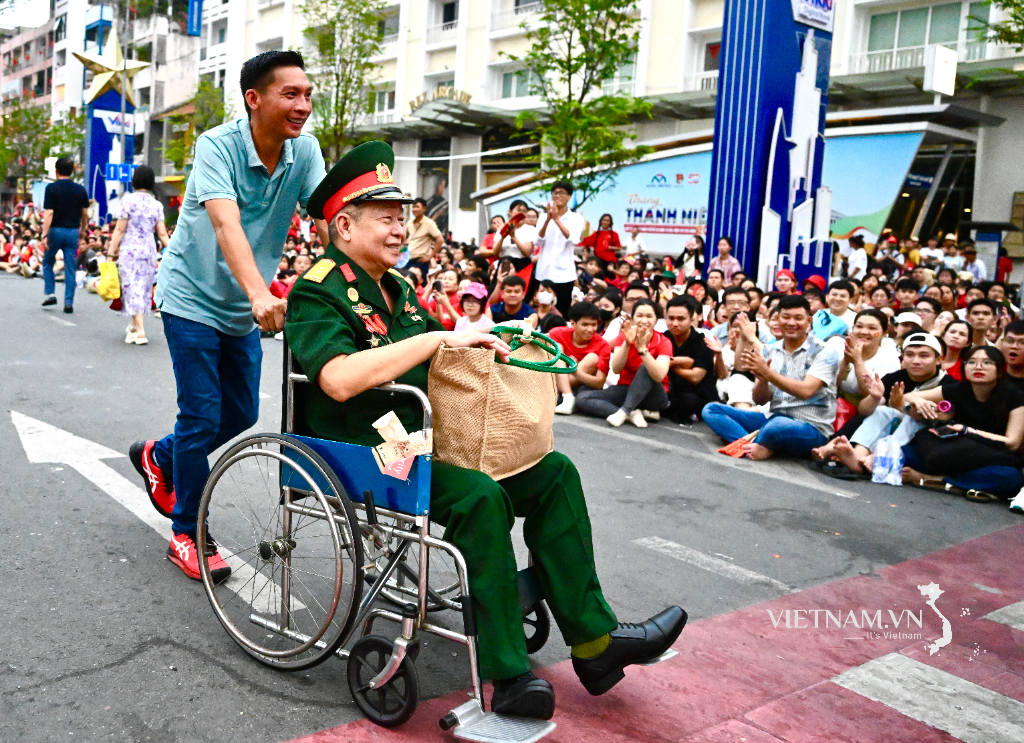
Comment (0)